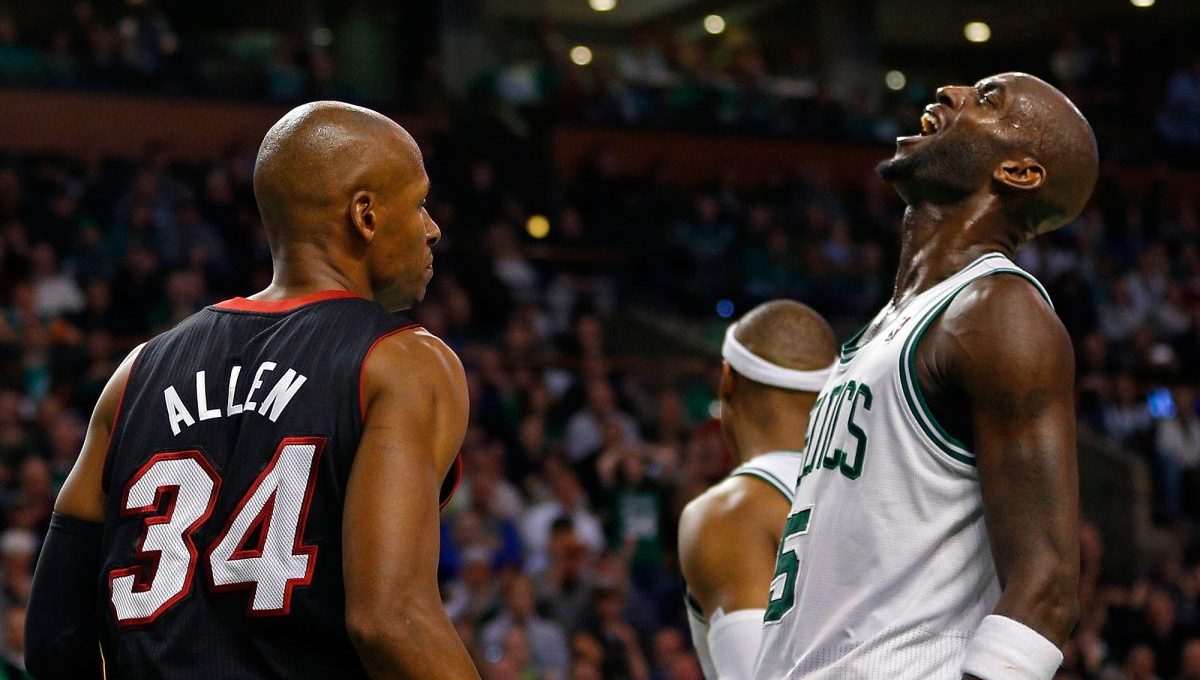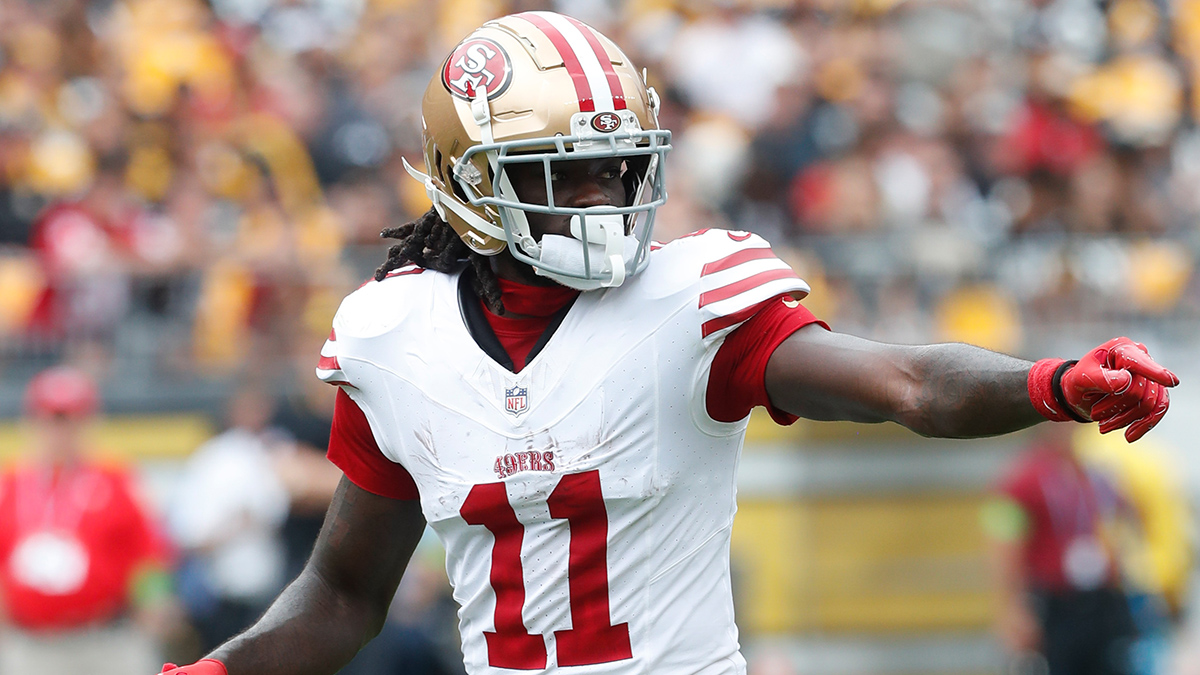Celtics-Heat preview: Why Miami presents much different test than Bucks originally appeared on NBC Sports Boston
The Boston Celtics just outslugged the defending NBA champions over a grueling seven-game series, sending the Milwaukee Bucks home with an impressive 109-81 rout in Sunday's Game 7.
Their reward? One day off.
Get Boston local news, weather forecasts, lifestyle and entertainment stories to your inbox. Sign up for NBC Boston’s newsletters.
Boston's East Finals series with the Heat begins Tuesday night in South Beach, as the C's face a well-rested Miami team that dispatched the Philadelphia 76ers in six games.
Forsberg: Celtics have found true identity amid surge to East Finals
Not only will the Celtics have a quick turnaround after their slugfest with the Bucks, but they'll also have to adapt to a club with a very different playing style than Milwaukee. How are the Heat different than the Bucks, and what do those differences mean for Boston's chances of making the NBA Finals for the first time in 12 years?
NBC Sports
Let's break 'em down.
1. 3-point defense
The Celtics made a whopping 110 3-pointers compared to the Bucks' 57 over their seven-game series. But threes will be much harder to come by against Miami.
While the Bucks clog the paint and dare you to beat them from three, the Heat guard the arc more aggressively: Opponents shot 33.9 percent from 3-point range versus Miami in the regular season, tied with Boston and Golden State for the lowest percentage in the NBA. The Sixers attempted just 199 threes in their series with the Heat, 93 fewer than the Celtics hoisted against the Bucks.
Celtics Talk: Grant Curry the Game 7 hero? Eddie House and Brian Scalabrine think C's can beat the Heat in ECF | Listen & Subscribe | Watch on YouTube
Miami's defense is smaller and more agile than Milwaukee's, which boasted elite paint defense with Brook Lopez and Giannis Antetokounmpo but was vulnerable to the outside shot. The Heat's frontcourt of Bam Adebayo and P.J. Tucker is more well-equipped to defend the perimeter, so the Celtics shouldn't count on Grant Williams getting wide-open looks in this series.
Instead, the C's should make a point to attack the paint, where they should be met with less resistance than in the last series against Lopez and Giannis.
2. Scoring depth
The Bucks' offensive strategy was simple: Get the ball to Antetokounmpo or Jrue Holiday and get out the way. That duo accounted for 56 percent of Milwaukee's shot attempts against the Celtics.
Miami is a much more balanced offensive team, though. While Jimmy Butler has been carrying the scoring load with 28.7 points per game in the postseason, the Heat also have a dynamic big man in Adebayo (14.6 playoff points per game), the reigning Sixth Man of the Year in Tyler Herro (13.8 points) and a two-time All-Star in Victor Oladipo, who has stepped up in Kyle Lowry's absence. Max Strus, Duncan Robinson and P.J. Tucker are all strong outside shooters as well.
That's not to say the Heat are an offensive juggernaut; they ranked 17th in the NBA in scoring during the regular season, and Boston's elite defense should have more overall success against Miami than in the previous two rounds against Brooklyn and Milwaukee.
But after focusing all of their attention on Antetokounmpo for the last two weeks, the Celtics will need to shift their mentality to defend a team that spreads the wealth much more than the Bucks.
3. Rebounding
Celtics-Bucks may have been a shorter series had Milwaukee not dominated on the glass. The Bucks racked up 76 offensive rebounds to the Celtics' 53 and won the rebounding battle 346-299. They stole Game 5 by generating 20 second-chance points off 17 offensive boards, including a Bobby Portis put-back in the final seconds.
The ECF should be a different story: Miami ranked 22nd in the NBA in rebounding this season and has no real threat on the boards outside Adebayo.
The key for Boston will be limiting second-chance points, as the scrappy Heat are averaging 15.6 second-chance points per game in the postseason, the most of any team that made it out of the first round.
If Robert Williams is able to suit up for Boston, the Celtics should be able to win the rebounding battle, but they'll need to keep the Heat off the offensive glass to prevent them from getting extra opportunities.



